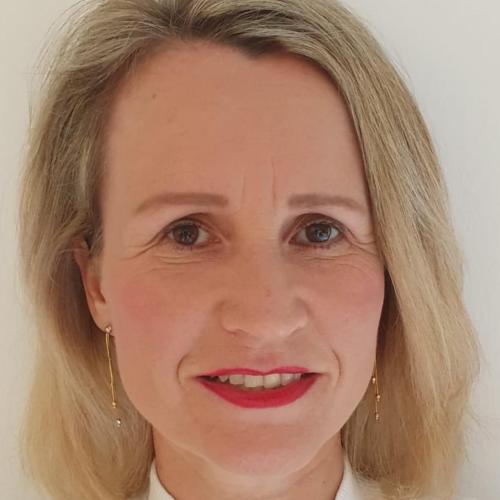Discuss how shared platforms, pooled investments, and pre-competitive partnerships amplify influence and innovation.
Discuss how shared platforms, pooled investments, and pre-competitive partnerships amplify influence and innovation.
Discuss how shared platforms, pooled investments, and pre-competitive partnerships amplify influence and innovation.
Explore the role of retailers and brands as connectors, ensuring continuity, transparency, and resilience from farm to shelf.
Explore how evolving policies and regulations shape supply chain strategy, risk management, and regenerative sourcing, turning compliance into a strategic advantage.
- Understand how policy shifts affect decisions, risk, and overall supply chain strategy.
- Learn how proactive engagement and compliance can mitigate risk and create new opportunities.
- Discover how companies can influence or adapt to policy changes to enhance resilience and maintain competitive advantage.

Christine Muller
Head of Competence Centre on Modelling CC-MOD
European Commission

Edith Tea
Environment & Climate Change Specialist (Tony's Open Chain)
Tony's Chocolonely